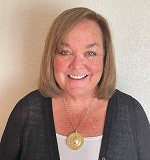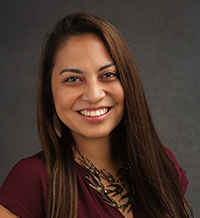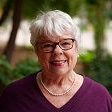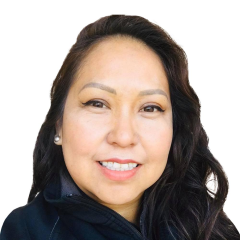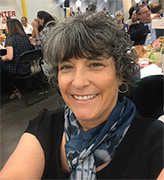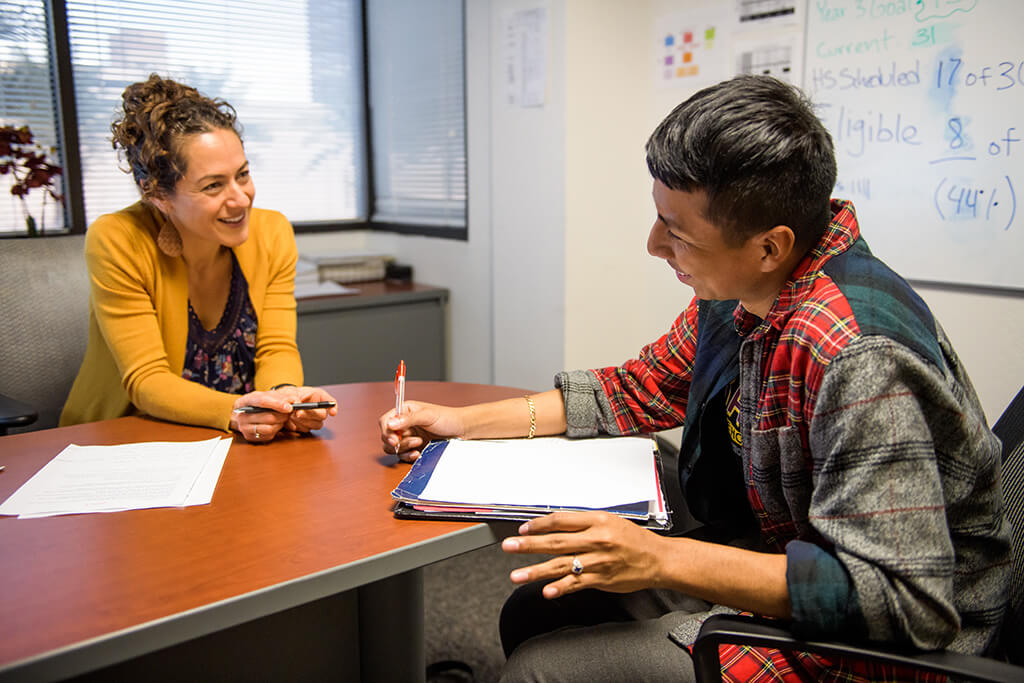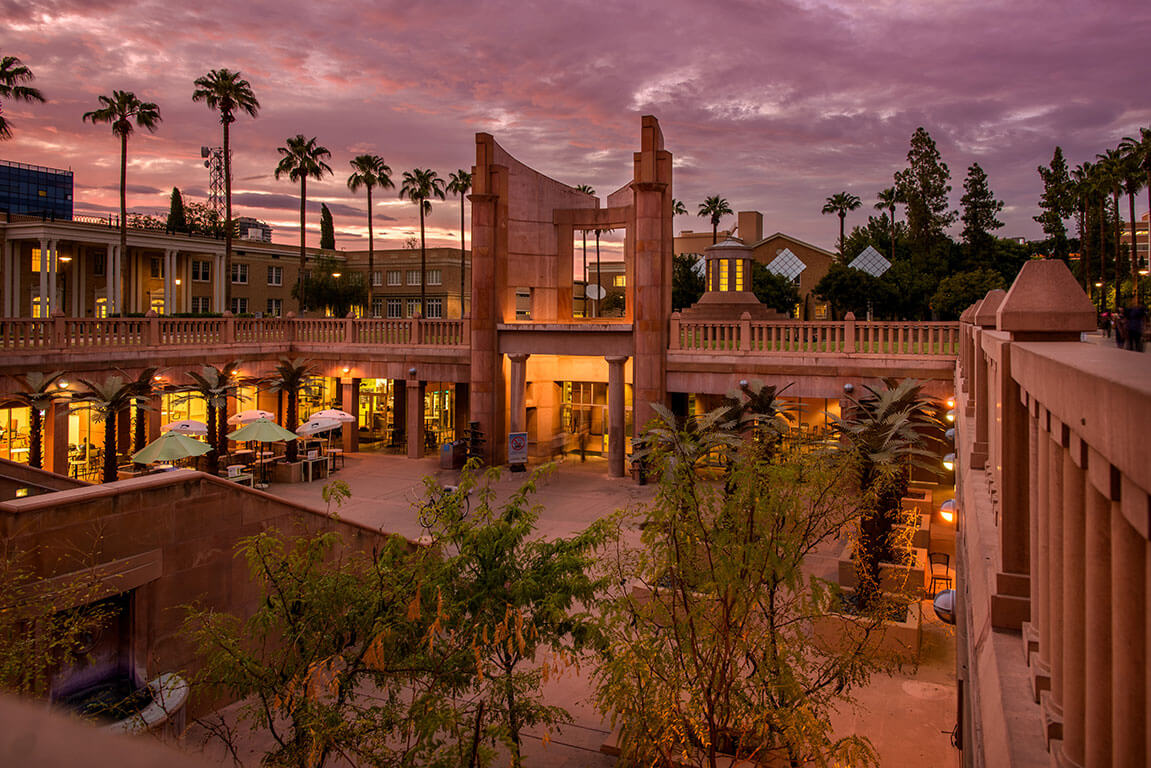What was the CLIC program?
Collaborative Leading in Indigenous Communities, or CLIC, was a grant-funded program hosted by Mary Lou Fulton College for Teaching and Learning Innovation at Arizona State University, in partnership with the Arizona Department of Education.
Devoted to cultivating Indigenous educational leadership, CLIC facilitated leadership teams comprised of Native American and Indigenous community members throughout Arizona to work toward reforming educational issues or accomplishing educational goals. CLIC provided culturally responsive and relevant leadership training modules and other opportunities for program participants. All modules and program components were offered for free to participants.
Leadership at CLIC was defined broadly: Indigenous educational leadership teams can include typical school network roles such as principals, teachers and parents. However, most of the teams were comprised of community members interested in supporting education (e.g., elders, students, extended kin, school staff and more).



